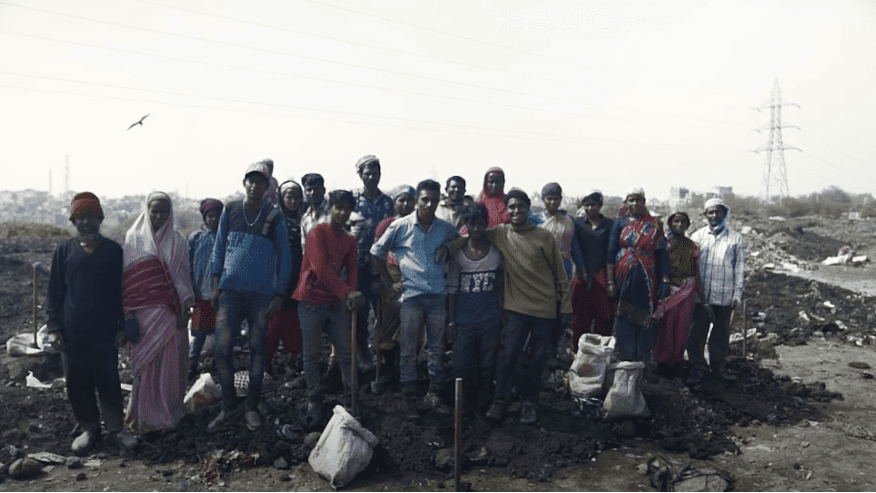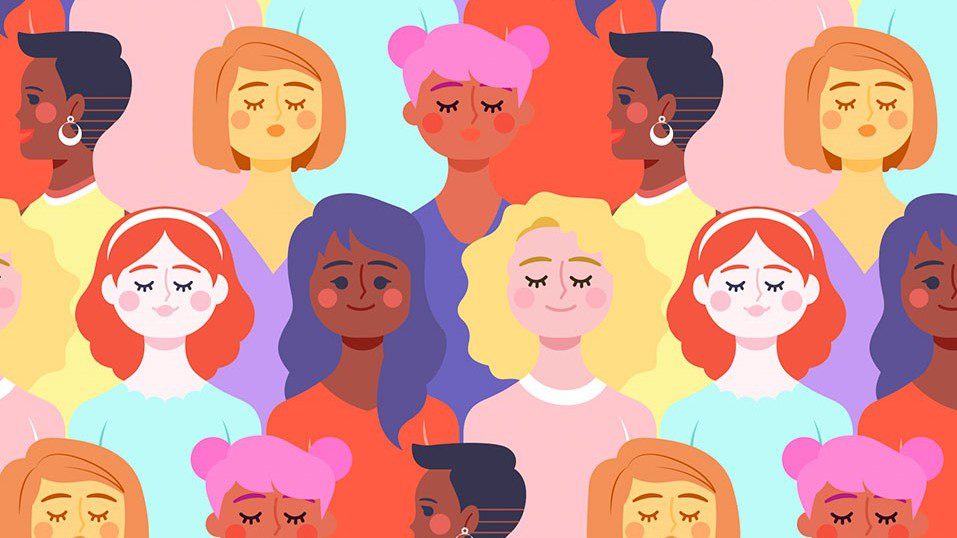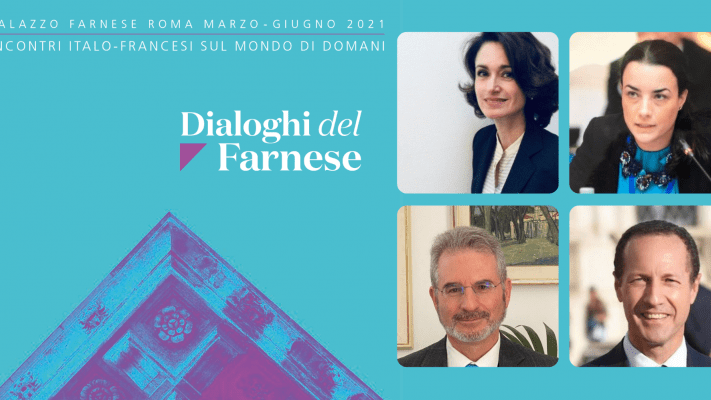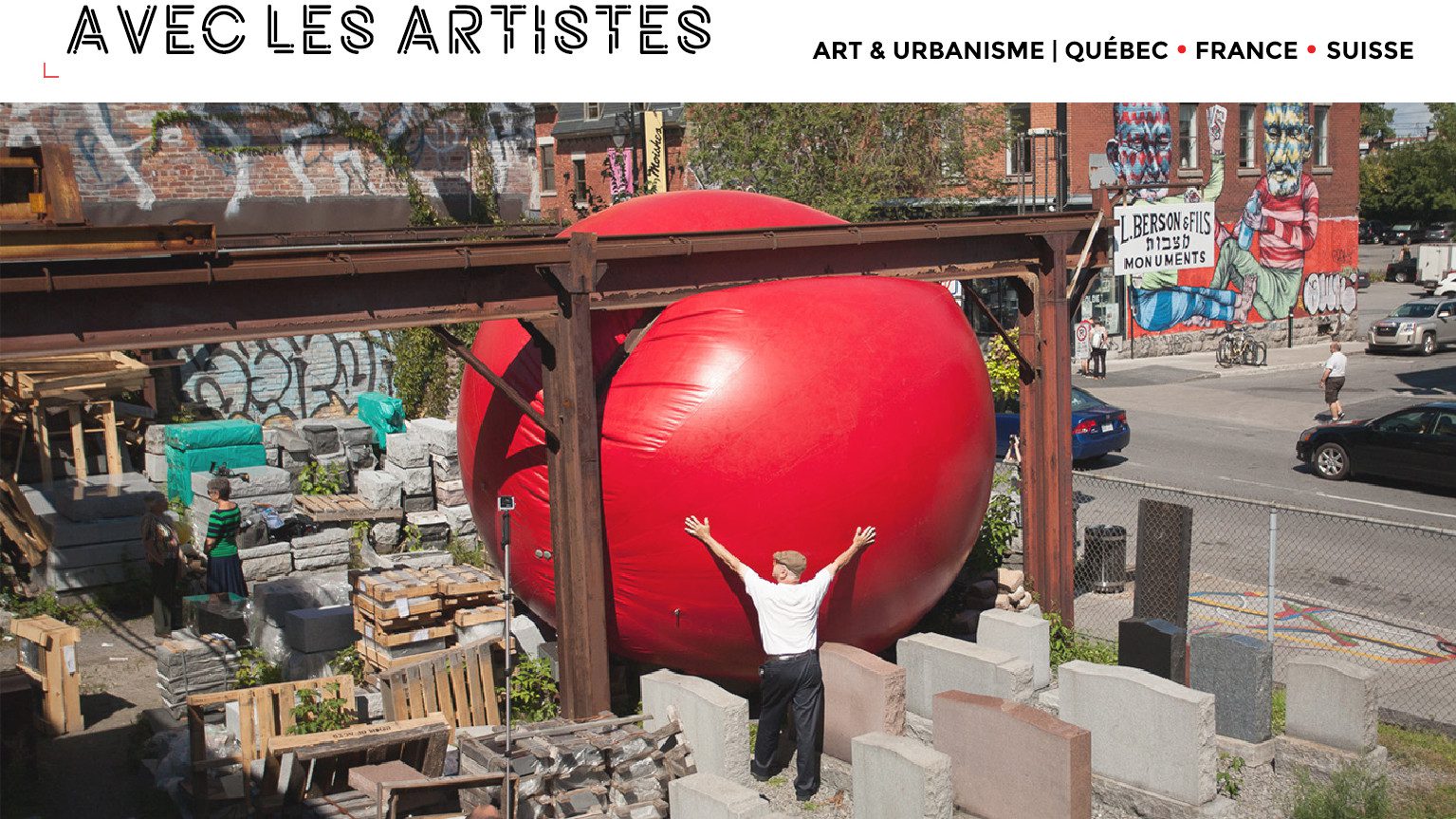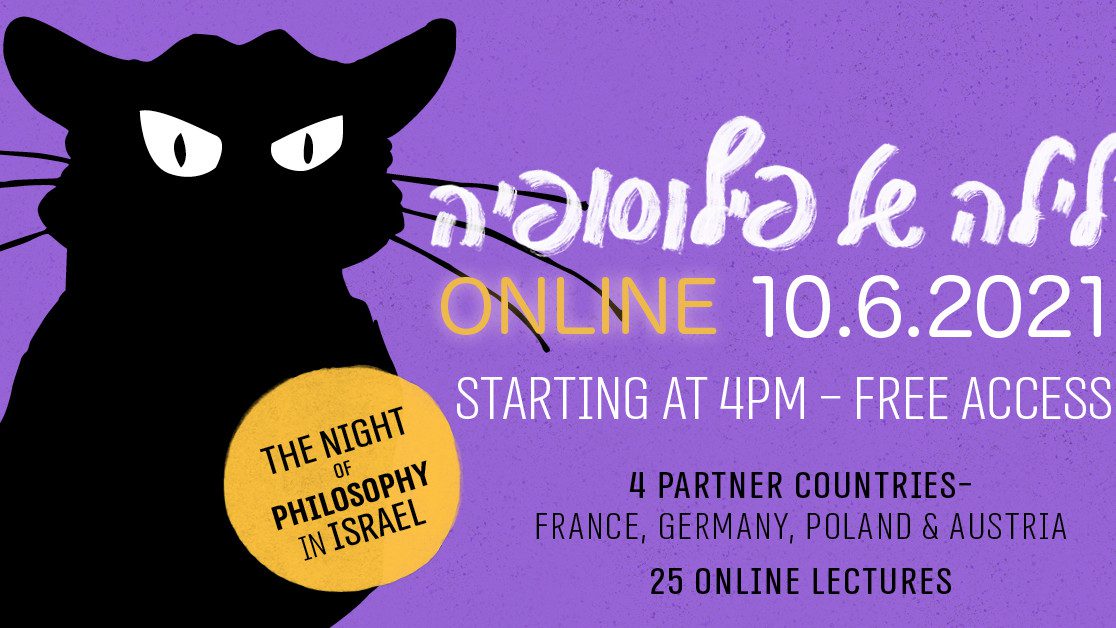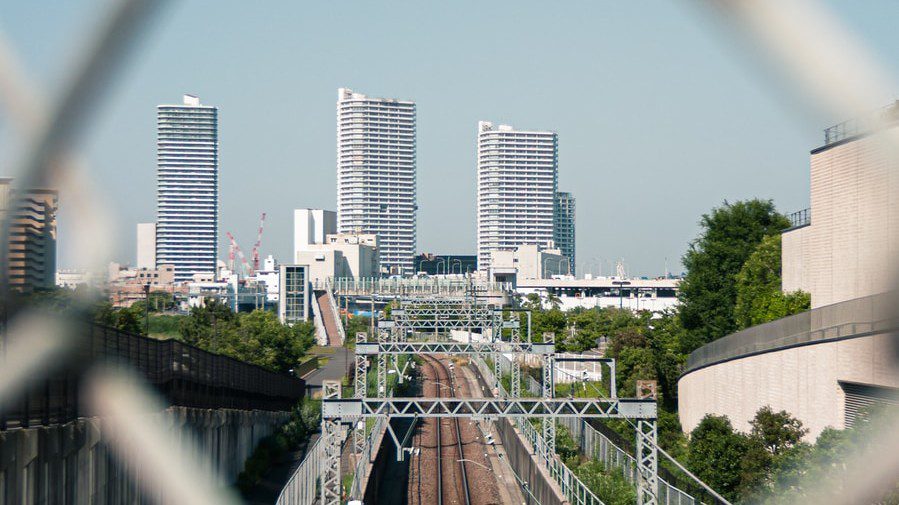In the context of the global Covid-19 pandemic, the French Institute of South Africa-Research launched a survey to understand the effects of the pandemic on vulnerable populations. It resulted in a documentary film.
In the context of the global Covid-19 pandemic,IFAS-Research has launched a collective survey to understand the effects of the pandemic on vulnerable populations in South Africa - and particularly on workers in the informal sector who have been hard hit by the very strict confinement imposed on the whole country from 27 March 2020 ("Level 5") and gradually relaxed (down to "Level 1" from1 October).
In June 2020, UMIFRE called on Chaymaa Hassabo, a research associate in the Department of Sociology at the University of Johannesburg (UJ), to design this research as principal investigator and to coordinate a field survey with a team of four young South African researchers. The pandemic and the resulting strict confinement raised the issue of inequality with great urgency.
As soon as fieldwork became possible again in August, the survey was able to start in the poor areas of Johannesburg (Alexandra, inner city, etc.) and Cape Town. The central objective of the study is to understand the effects of the lockdown on the daily lives of the working poor: from parking attendants to home-based workers, from street vendors to waste recyclers, this study takes a broad view of informality.
An idea emerged in the course of the investigation: to produce a documentary based on four filmed interviews, entitled "What are we going to eat tomorrow? Informal workers during the Covid-19 pandemic in South Africa.
This film aims to give a voice to these workers, to discover their work and their living conditions during the confinement, and to understand in a concrete way how the pandemic had an impact on their daily life.
Two women and two men were selected:
- A Zimbabwean street vendor, who chose to remain anonymous to protect his identity, is a tangible sign of the precariousness of undocumented foreign workers. He is filmed outdoors in a western district of Johannesburg.
- A South African recycler (reclaimer), who was filmed at the very place where he sorts waste in the Braamfontein district, which gives an insight into his difficult working conditions.
- A former domestic worker is president of SADSAWU (South African Domestic Service and Allied Workers Union), which represents domestic workers whose employment is on the edge of informality. She is filmed in the union's offices in Johannesburg's CBD, a poor and degraded neighbourhood.
- A street vendor filmed at her home in Alexandra Township.
Alternating between indoor and outdoor footage, the documentary aims to offer a sensitive portrait of informal workers and, above all, to listen to what they have to say about the troubled times of the pandemic. Throughout the film, these workers address three main themes: their identity and occupation(s) within the informal sector, the effects of the pandemic and containment on their daily lives, and the specificity of their activities.
Sophie Dulucq (Director) and Line Relisieux (Project Manager)
This content may also be of interest to you
28/06/2021

